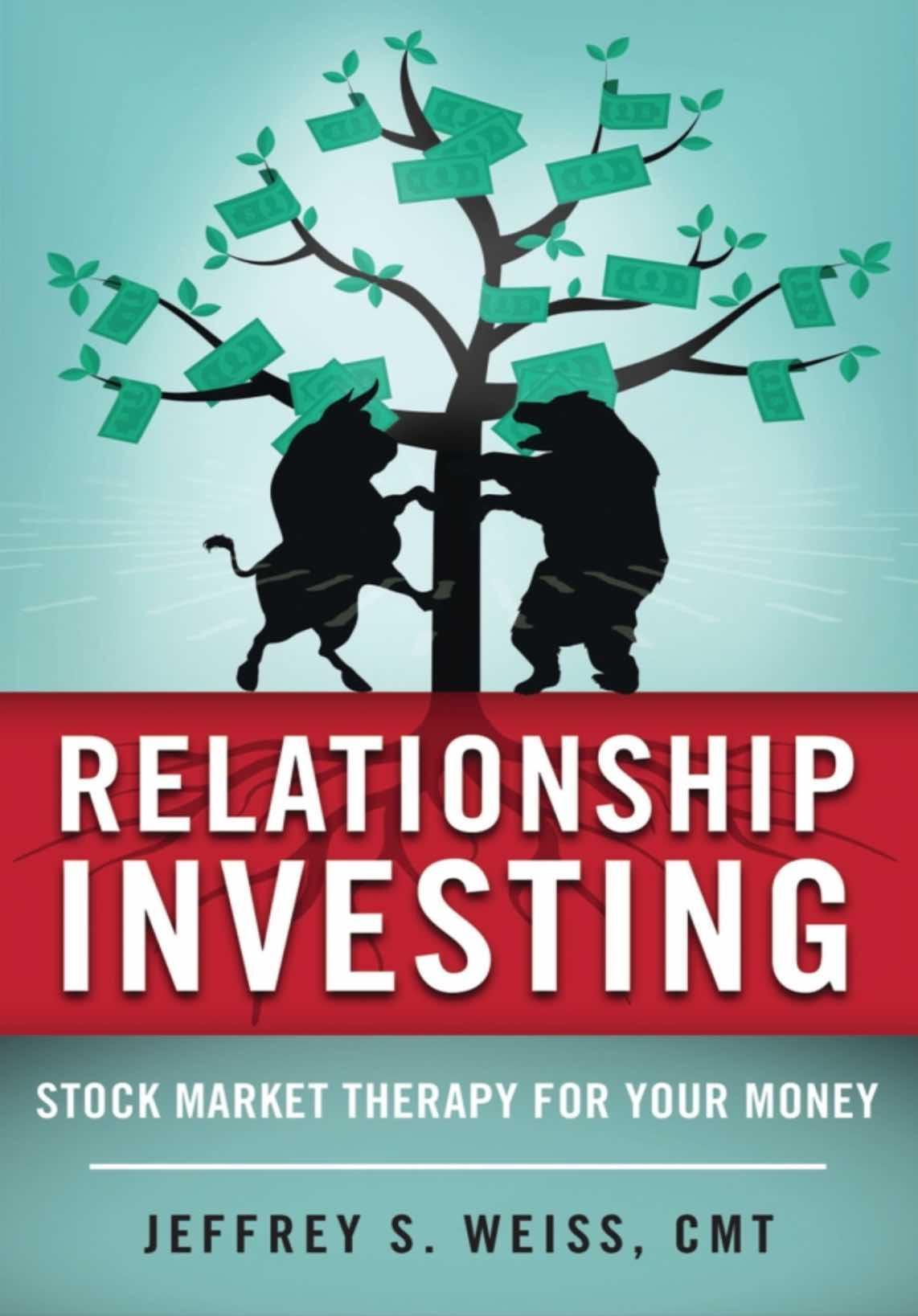Another personal consideration that needs to be discarded on the path to improved investment results is the insistence by some investors that only long-term capital gains are acceptable in view of their lower tax rate. Unfortunately, strict adherence to this view leaves one’s portfolio vulnerable to potentially large risks. Look, we’d all like to achieve long-term stock market gains in our portfolios if possible. While we’re on the topic, one of the big fallacies concerning technical market analysis is that it’s primarily a shorter-term, trading-oriented tool. Nothing could be further from the truth! I’ve used this discipline as an intermediate- to longer-term approach for decades, and continue to do so today.
Obviously, if someone is holding an equity position that has only a few days remaining to qualify as a long-term capital gain (however long that holding period is defined at the time), it often pays to retain the shares, since even if they drift lower over those few remaining sessions, the after-tax gain from the sale is usually going to yield a greater benefit. But the real problem with stubbornly refusing to take a shorter-term gain if you deem it to be the correct choice is that it could eventually become a long-term loss. Large sums of capital have been surrendered by not taking short-term gains prior to extended price declines.
Witness sharp, scary setbacks like the August–October 1987 period when the Dow Jones Industrial Average shed approximately 41 percent, or its March–October 2002 decline that consumed nearly a third of its value. Then there’s the March 2000 top in the Standard & Poor’s 500 Index, following which it suffered a 50 percent slide in the thirty-one months ending in October of 2002. That’s a period during which the NASDAQ Composite Index collapsed 78 percent. The Standard & Poor’s 500 Index also suffered an approximate 57 percent fall in the seventeen months following the market’s major peak back in October of 2007, a span during which the NASDAQ Composite Index slid 55 percent. These are but several of the many southerly market periods that could have transformed shorter-term gains into long-term losses—and large ones at that.
It’s a gamble to try to stretch a short-term market profit into a long-term gain by using the calendar as an investment vehicle. Would you defer a necessary new tire purchase for your car because you wanted to try to stretch some additional mileage from the existing worn ones? Heaven forbid!
In your investments as well as relationships, dynamics sometimes change along their respective long-term paths that lead them to be cut short. It happens, even though that wasn’t the original intent when entering into those arenas. Sometimes a serious relationship or marriage is ended simply because, as we’ve all heard before, “we’re two different people” or that “we grew apart.” You had some “profitable” times, but needed to part in order to avoid a negative longer-term outcome. You focused on the relationship itself and didn’t allow external influences to invade that decision. I believe the same principle applies to investing.
When I purchase a stock, the length of my holding period is determined solely by a technical analysis of the shares themselves and not some silly time span based on tax considerations. It’s simply not monetarily healthy to allow external factors, unrelated to the merits of the investment itself, to infiltrate the decision-making process. Aren’t short-term market gains preferable to long-term market losses anyway, no matter what your tax bracket is? The way some market participants act, you’d think they’re in the 100 percent bracket. If taxes are your primary consideration, then why be in the stock market anyway? It’s simply too risky to use holding periods as a reason for investing in the stock market.
Moral: You’re not an accountant; you’re an investor! It’s hard enough to achieve stock market success without worrying about whether a gain is short term or long term in nature. The goal of investing is to make money—period. Stop letting personal considerations get in the way of making sound investment decisions. We should all be so fortunate with our investments that we pay capital gains taxes every year, no matter how long the shares were held. If tax considerations are your primary motivation for entering the stock market arena, I’d seriously consider waiting outside.
(To be continued...)

This excerpt is taken from “Relationship Investing: Stock Market Therapy for Your Money” by Jeffrey S. Weiss. To read other articles of this book, click here. To buy this book, click here.
The Epoch Times copyright © 2023. The views and opinions expressed are those of the authors. They are meant for general informational purposes only and should not be construed or interpreted as a recommendation or solicitation. The Epoch Times does not provide investment, tax, legal, financial planning, estate planning, or any other personal finance advice. The Epoch Times holds no liability for the accuracy or timeliness of the information provided.





